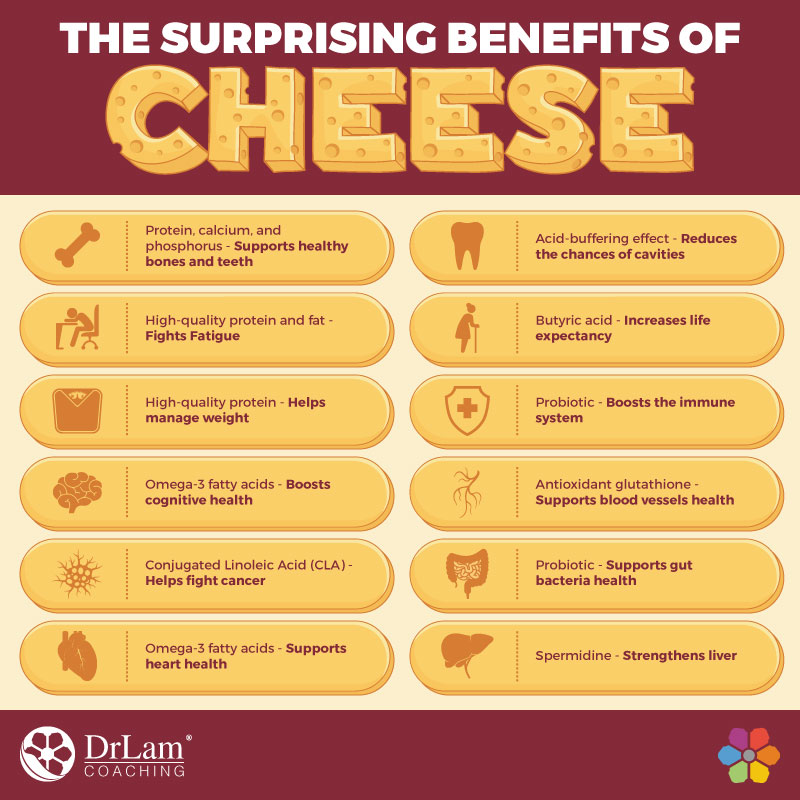Melted cheese, that gooey, irresistible topping on pizzas, burgers, and pasta dishes, has become a staple in many diets. But is this culinary delight truly as healthy as it tastes? While melted cheese undoubtedly adds flavor and satisfaction to our meals, concerns have been raised about its potential impact on our health. Some argue that the melting process alters the nutritional composition of cheese, potentially increasing its fat and calorie content. This article delves into the science behind melted cheese, exploring its nutritional profile, potential health effects, and the impact of high-heat cooking on its composition.
This comprehensive guide will examine the nutritional value of melted cheese compared to its unmelted counterpart. We’ll also discuss the potential health implications associated with consuming melted cheese, focusing on its fat and calorie content and the effects of high heat on its chemical structure. Finally, we’ll address the crucial question: is melted cheese worse for you?
Melted Cheese Nutrition
Melted cheese retains many of the essential nutrients found in its unmelted form. It remains a good source of protein, calcium, phosphorus, and vitamin B12, all vital for maintaining bone health, nerve function, and overall well-being. However, the melting process can slightly alter the bioavailability of some nutrients. For instance, heat may reduce the amount of certain vitamins, such as vitamin C and folate, that are readily absorbed by the body.
It’s important to note that the nutritional content of melted cheese can vary depending on the type of cheese used. Cheeses with higher fat content, like cheddar or mozzarella, will naturally have more calories and saturated fat when melted. Conversely, lower-fat cheeses like feta or ricotta may retain fewer calories and fat even after melting.
Health Effects of Melted Cheese
While melted cheese offers some nutritional benefits, its high fat and calorie content can contribute to potential health concerns if consumed in excess. Regular consumption of large amounts of melted cheese may increase the risk of weight gain, heart disease, and type 2 diabetes. The saturated fat found in many cheeses can raise LDL cholesterol levels, increasing the risk of cardiovascular problems.
However, it’s crucial to remember that moderation is key. Enjoying melted cheese as part of a balanced diet, alongside fruits, vegetables, whole grains, and lean protein sources, can still be part of a healthy lifestyle.
Fat and Calorie Content in Melted Cheese
Melting cheese significantly increases its fat content compared to its unmelted form. This is because the heat causes the fat molecules within the cheese to break down and become more fluid, resulting in a richer, creamier texture. The increased fat content directly translates to higher calorie counts in melted cheese.
For example, a typical serving of cheddar cheese contains around 100 calories and 7 grams of fat. When melted, that same serving can easily reach 150-200 calories and 10-12 grams of fat. This significant increase in calories and fat should be considered when incorporating melted cheese into your diet.
Impact of High Heat on Cheese Composition
The high temperatures used to melt cheese can have a profound impact on its chemical composition. Some studies suggest that heating cheese above 160°C (320°F) can lead to the formation of potentially harmful compounds, such as acrylamide and heterocyclic amines (HCAs). These compounds are known carcinogens and have been linked to an increased risk of certain cancers.
However, it’s important to note that the levels of these compounds formed during cheese melting are generally low compared to other high-heat cooking methods, like grilling or frying.
Is Melted Cheese Bad for You?
The question of whether is melted cheese bad for you is complex and depends on several factors, including the type of cheese used, the amount consumed, and overall dietary habits. While melted cheese can be a delicious and satisfying addition to meals, its high fat and calorie content should be considered.
Moderation is key. Enjoying melted cheese as part of a balanced diet, alongside plenty of fruits, vegetables, whole grains, and lean protein sources, can still be part of a healthy lifestyle. However, excessive consumption of melted cheese may contribute to weight gain, heart disease, and other health concerns.
Conclusion
Melted cheese remains a beloved culinary staple, offering a unique flavor and texture that enhances countless dishes. While it retains many essential nutrients found in unmelted cheese, the melting process can alter its nutritional profile, increasing its fat and calorie content. The high heat used to melt cheese may also lead to the formation of potentially harmful compounds.
Ultimately, the question of whether is melted cheese worse for you depends on individual dietary habits and consumption levels. Moderation is key. Enjoying melted cheese as part of a balanced diet can still be part of a healthy lifestyle. However, excessive consumption should be avoided to minimize potential health risks associated with its high fat and calorie content.



